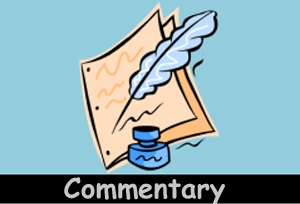
Since the time when the World Bank made the allegation that Bangladesh’s higher officials including ministers were involved in corruption of the Padma Bridge Project, the government was trying to say that there was a conspiracy so that the bridge could not be built.
The Sheikh Hasina government time and again reiterated that as Nobel Laureate Dr. Muhammad Yunus was removed from Grameen Bank’s managing director, he exercised his powerful American influence to cancel the bridge project. Dr. Yunus wanted to take revenge against the government in this way.
The BNP, the main rival of AL in politics, was also dragged into this conspiracy. While addressing a political rally Khaleda Zia once urged the gathering not to climb on the bridge lest it might collapse into the river! This funny political comment also served for them as proof that BNP was against the construction of the mega infrastructure. Begum Khaleda Zia once wanted to lay the foundation plaque for Padma Bridge at a different place. But she failed to proceed.
Hitherto this conspiracy theory was
taken by people as field-talk of politics, because there was never any opposition to the need of building Padma Bridge. There were, however, differences about methods of how funds would be obtained and how it would be utilised leaving no room for corruption. The present government wants to take the sole credit though they deserve enough plaudits for completion of the bridge in spite of many odds. It is fair to recognise that at different stages different governments played their valuable part in finding means and methods to construct one of the most difficult bridges in the best way possible keeping the burden on the people low.
But after the inauguration of the Bridge on 25 June, this political stand on conspiracy theory was taken seriously, and in an unwelcome turn of events, a Bench of the High Court on Tuesday ordered the government to form a commission within 30 days to identify people who have made up false stories about corruption involving the Padma Bridge project. A day earlier, the court said those who have criticised the bridge construction are “enemies of the country” and “must be identified.”
The court asked rather rhetorically, “If there was no conspiracy, then why did the World Bank suspend its funding?” But the truth was, the World Bank withdrew financing for the project after allegations of corruption were brought against senior government officials and ministers a decade ago. The present government at that time took actions including sacking one minister.
In politics, controversial political allegations are not unusual or new. But for the importance of public faith in judiciary, the judges all over the world thought it wise keeping the judiciary away from political debates. Because of the government’s policy of politicisation, the judiciary needs to be extra careful in avoiding politically biased views.
Anyway, a direction has been issued to form a commission to go into the matter to know who opposed, though we are sure none will be found, the building of Padma Bridge. The hope is, even if anyone is found to have opposed building the bridge, their Lordships will not convict him as enemy of the country.

